
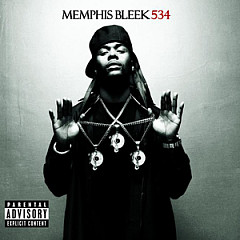
Rapper Memphis Bleek's 2005 album track "The One" is notable for featuring a then-unknown Rihanna on the hook. It was the Barbadian singer's first-ever major-label appearance.
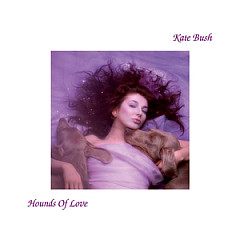
The Kate Bush song "Running Up That Hill" is about making a deal with God to switch lives with your partner so there would be no more misunderstandings.
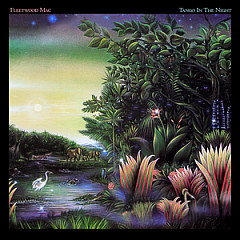
"Big Love" is a showcase song for Lindsey Buckingham and the first single from Fleetwood Mac's 1987 album Tango In The Night, but he left the group soon after the album was released and the band didn't perform it live until he returned 10 years later.
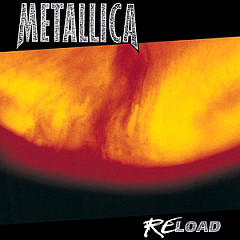
An unexpected guest vocal: Marianne Faithfull on the Metallica song "The Memory Remains." A star in the '60s, this collaboration helped revive her career.
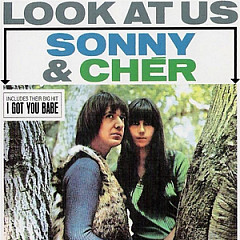
"I Got You Babe" makes Sonny Bono the only person to perform on a #1 hit and also get elected to congress.
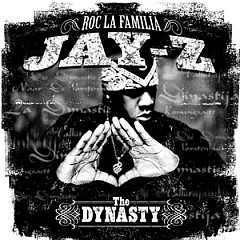
"I Just Wanna Love U (Give It 2 Me) " borrows four bars from Notorious B.I.G's "The World Is Filled." Jay-Z and Biggie Smalls attended Westinghouse Career and Technical Education High School in Brooklyn, New York at the same time.

Did Rivers Cuomo grow up on a commune? Why did they name their albums after colors? See how well you know your Weezer in this Fact or Fiction.
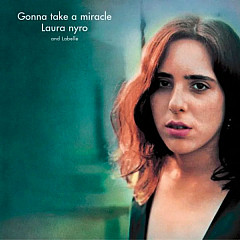
Laura Nyro talks about her complex, emotionally rich songwriting and how she supports women's culture through her art.

Many actors have attempted music, but only a few have managed a hit. Do you know which of these thespians charted?

Danny played guitar on Sweet Baby James, Tapestry, and Running On Empty. He also co-wrote many hit songs, including "Dirty Laundry," "Sunset Grill" and "Tender Is The Night."

Paul Stanley on his soul music project, the Kiss songs with the biggest soul influence, and the non-make-up era of the band.